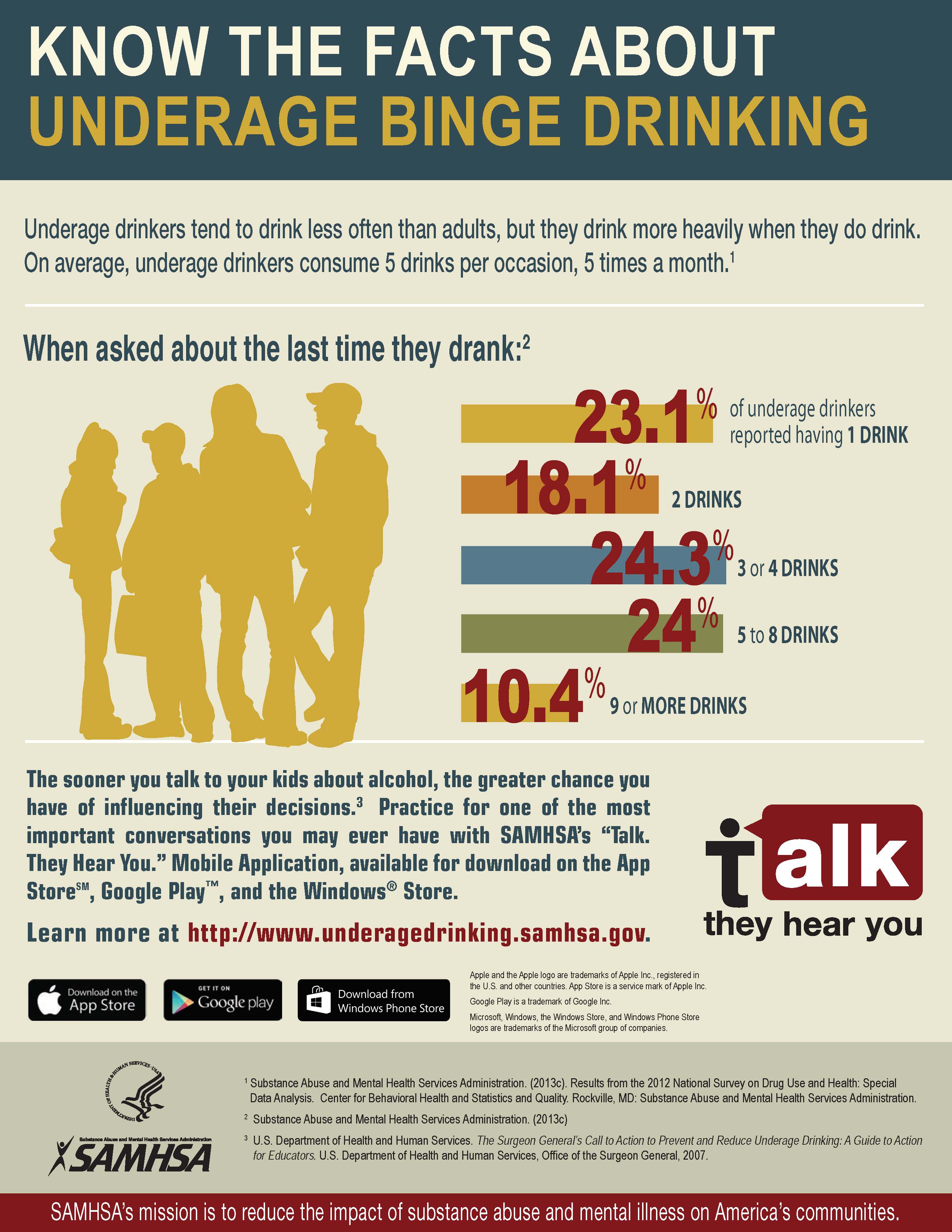Understanding How To Support Your Liked One In The Past, During, And After Drug Rehabilitation Can Considerably Influence Their Healing Journey-- Learn About The Important Actions To Take
Understanding How To Support Your Liked One In The Past, During, And After Drug Rehabilitation Can Considerably Influence Their Healing Journey-- Learn About The Important Actions To Take
Blog Article
Material Written By-Gallegos Medina
Supporting a loved one via drug rehabilitation can be tough, but it's essential for their recovery. You require to comprehend the procedure and be prepared for the psychological ups and downs. It starts with laying a strong structure prior to treatment and continues via their time in rehab and beyond. Exactly how you navigate this journey can make all the difference in their recuperation and your partnership. Let's explore just how to properly offer that support.
Planning for Rehabilitation: Preparing for Support
Prior to your enjoyed one goes into rehab, it's essential to prepare yourself and your assistance network to guarantee they receive the very best care feasible. Start by enlightening on your own regarding addiction, treatment alternatives, and the rehabilitation procedure.
Comprehend the obstacles they'll encounter and the relevance of a supportive environment. Collect a group of loved ones who can provide encouragement and share responsibilities during this time around.
Establish open lines of interaction with your liked one; let them know they can rely on you. Establish boundaries to shield your own well-being while being there for them.
Last but not least, think about looking for professional advice for yourself to browse this emotional journey. Laying this groundwork will certainly help create a strong structure for their healing.
Offering Assistance Throughout Therapy: Remaining Linked
Remaining gotten in touch with your liked one throughout their rehabilitation trip is essential, as it reinforces their support system and helps them feel less separated. Normal communication is vital; send out uplifting messages or make brief phone calls to remind them you care.
Be patient and understanding, as they might be busy with therapy or sensation mentally drained pipes.
Think about organizing visits, if allowed, to show your support personally. Bring a positive attitude and pay attention proactively, allowing them to share their ideas and sensations.
Encourage them to share their obstacles and victories without judgment. https://blogfreely.net/johnson598mardell/glimpse-into-the-transformative-power-of-drug-rehabilitation-programs-and during this moment can empower them to stay dedicated to their recuperation and remind them they're not the only one in this journey.
Navigating Life After Rehabilitation: Continuing the Trip Together
As your loved one changes back right into daily life after rehab, it's vital to remain actively involved in their recuperation trip.
https://click4r.com/posts/g/21216621/figuring-out-the-best-drug-recovery-facility-a-full-manual-for-family by signing in frequently and creating a secure space for them to share their sensations. Help them develop an everyday regimen that includes healthy and balanced habits, such as workout and well balanced meals.
Participate in support groups with each other, which can strengthen their commitment and offer a feeling of community.
Be patient and recognize that obstacles might happen; offer peace of mind and advise them of their progression.
Celebrate landmarks, regardless of exactly how tiny, to increase their confidence.
Conclusion
Supporting a loved one with their rehabilitation trip is important for their recovery. By preparing prior to therapy, staying linked during their time in rehabilitation, and being there for them later, you can help them browse the difficulties they deal with. Remember to focus on open communication and self-care, also. click this link and understanding can make a significant distinction in their recovery process. With https://www.medicalnewstoday.com/articles/alcohol-and-hypoglycemia , you can construct a brighter future and foster long lasting favorable modification in their life.
